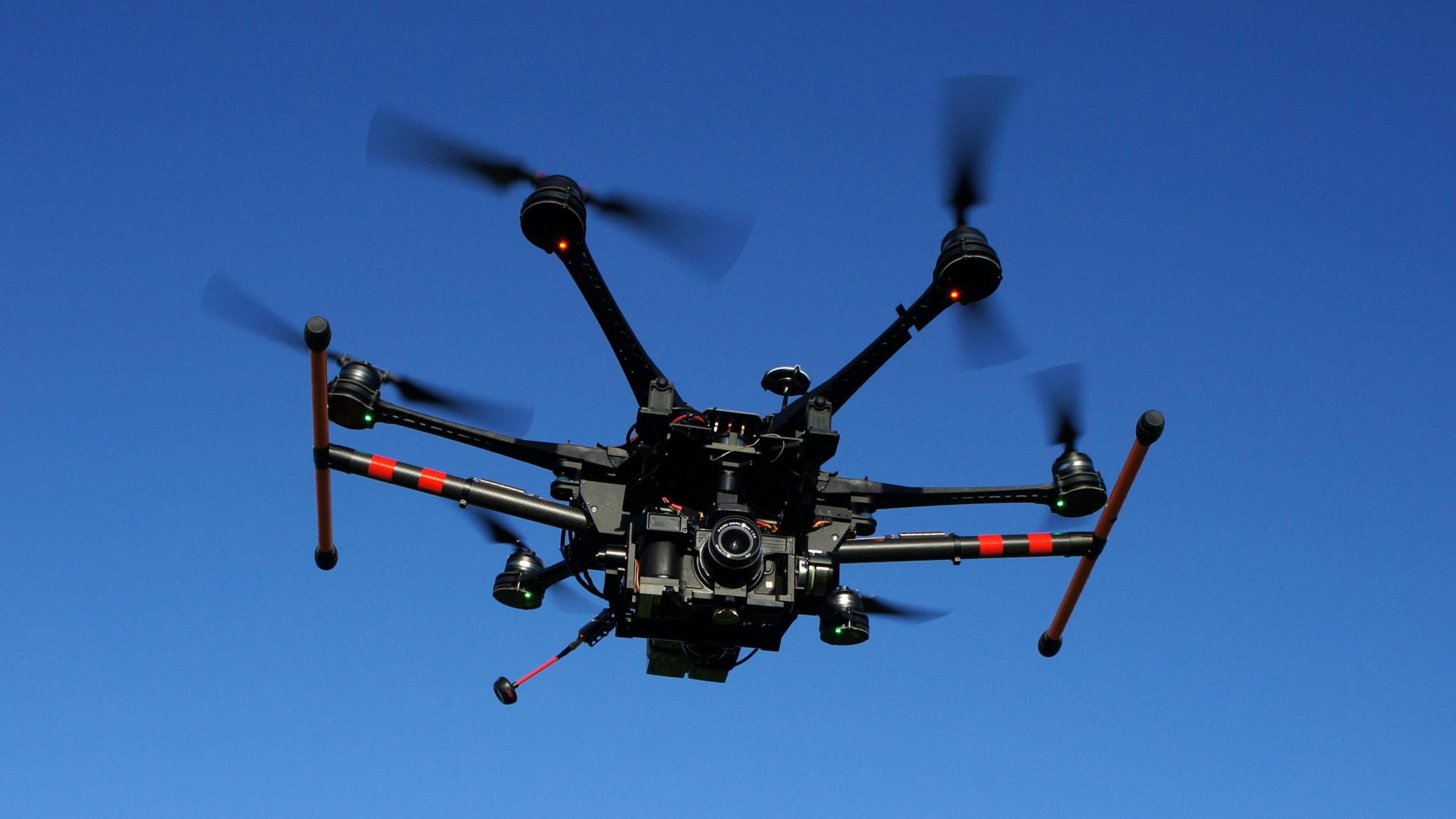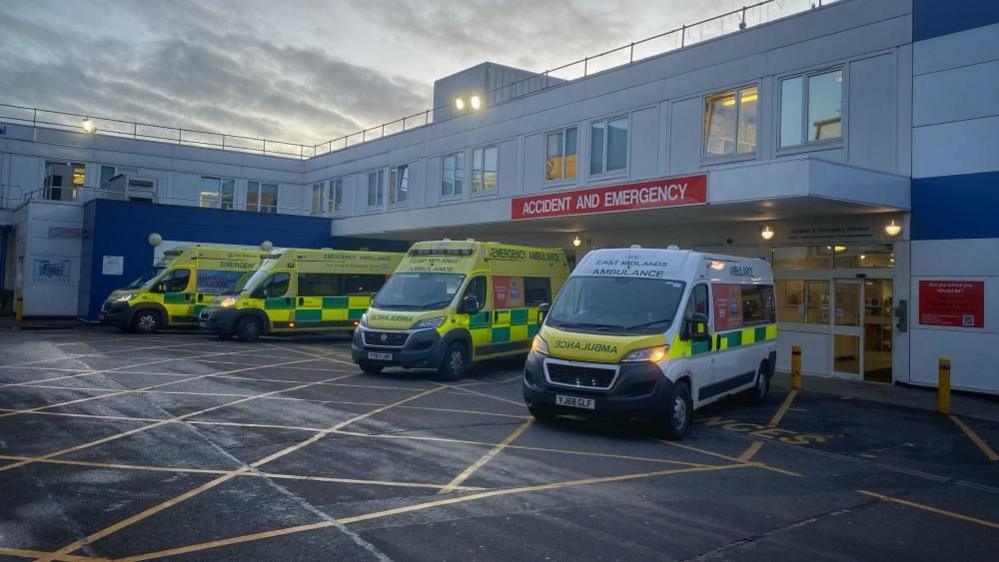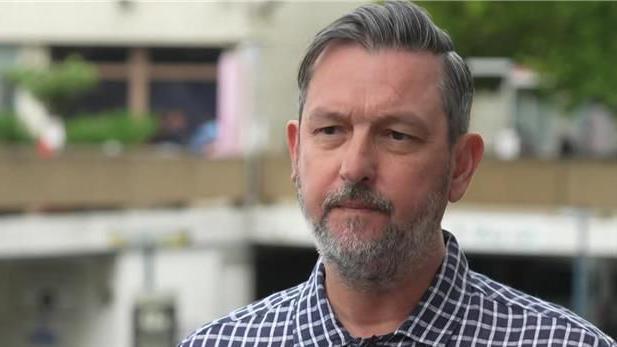Drones to be tested in cardiac arrest 999 response

Drones could be used to deliver life-saving equipment to cardiac arrest patients
- Published
Researchers are set to test how drones could become part of the UK's 999 response system by delivering life-saving defibrillators to cardiac arrest patients.
The 16-month project by the University of Surrey and ambulance services in the South East will look at developing a drone delivery process and also investigate any potential barriers to their use.
Getting defibrillators to a patient in time can be difficult and survival rates for out-of-hospital cardiac arrest in the UK are currently below 10%, researchers said.
University of Surrey lecturer Dr Scott Munro, who is co-lead on the project, said it was the "the first step" towards integrating the technology into emergency response systems.
Funded by the National Institute for Health and Care Research (NIHR), the project will start with researchers developing and refining the drone delivery process through a series of simulations.
In the second part, interviews will be conducted with cardiac arrest survivors, family members, responders and members of the public to understand the perception of drone technology, including any barriers or concerns, and to ensure ease of use for responders.
Dr Craig Mortimer, research manager at South East Coast Ambulance Service (Secamb) said: "Rapid intervention is vital in managing out-of-hospital cardiac arrests. We are eager to explore how this new initiative could strengthen our cardiac arrest care pathway."
Prof Kevin Munro, director of the NIHR research for patient benefit programme, said drone use could "help emergency teams reach patients faster, improve survival after cardiac arrest, and bring cutting-edge technology directly to the NHS frontline".
Follow BBC Surrey on Facebook, external, on X, external. Send your story ideas to southeasttoday@bbc.co.uk , external or WhatsApp us on 08081 002250.
Related topics
- Published6 October

- Published28 August

- Published4 October
